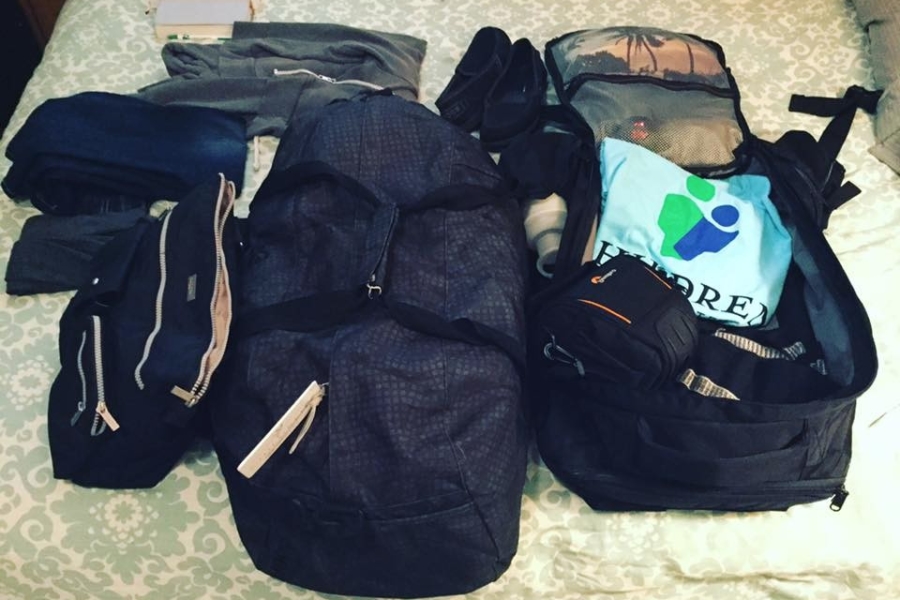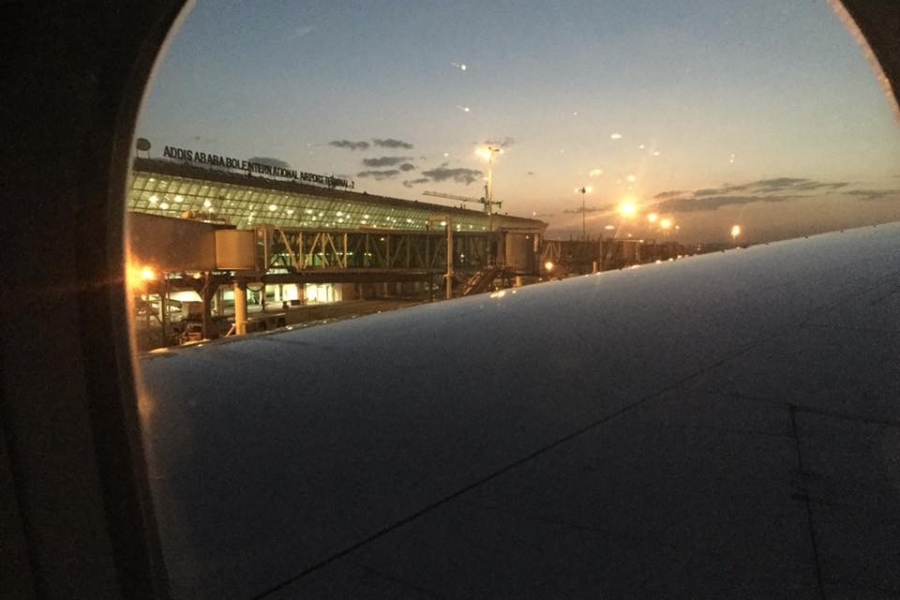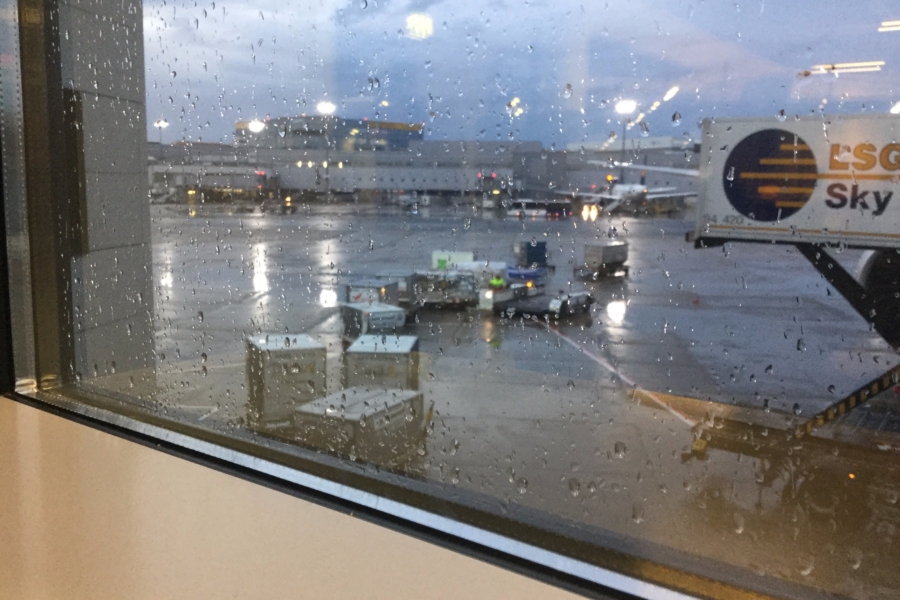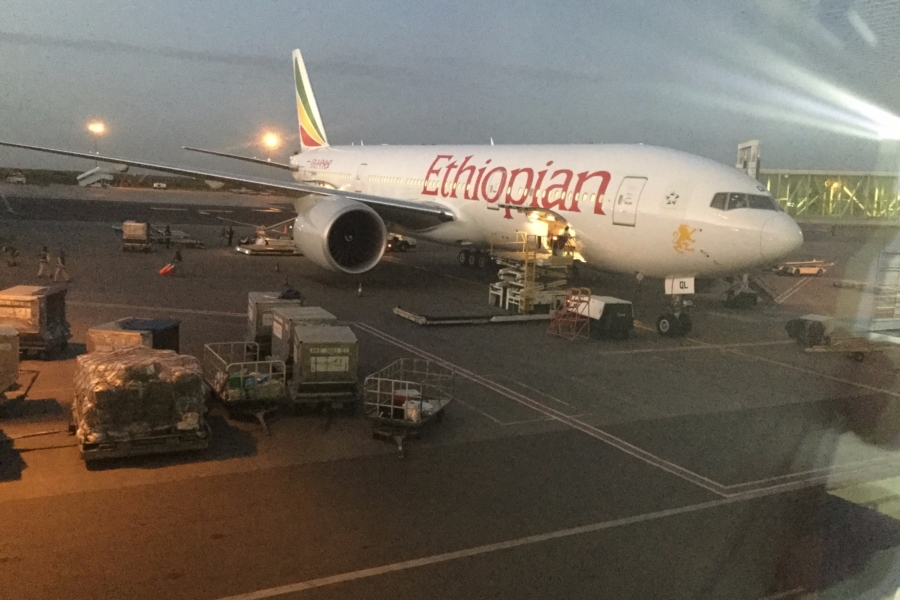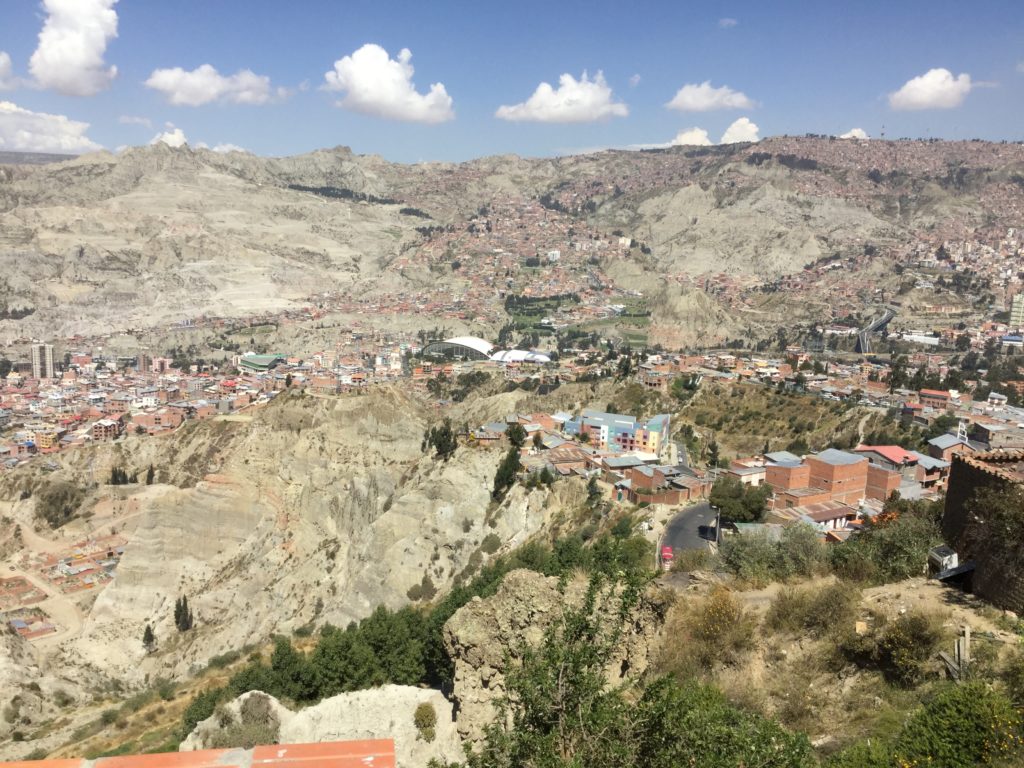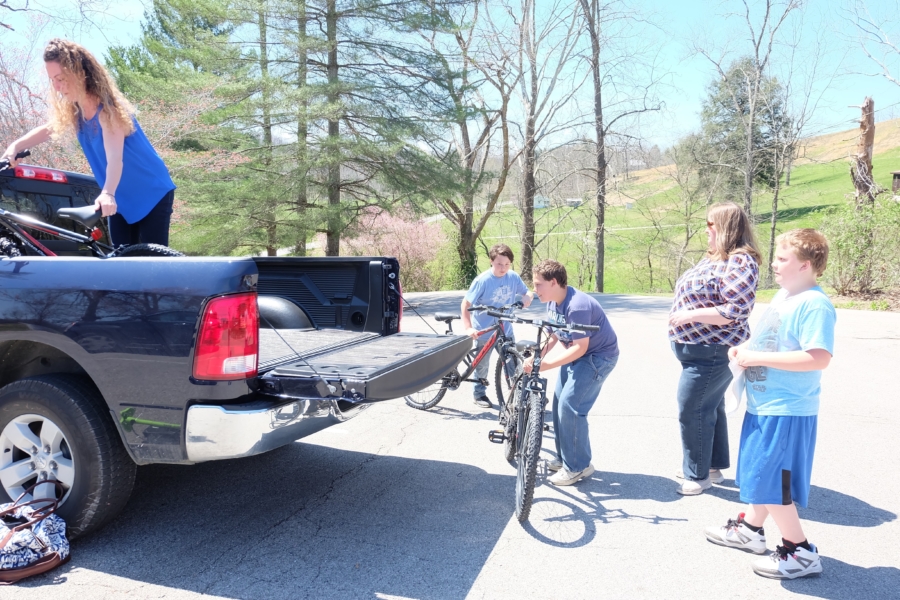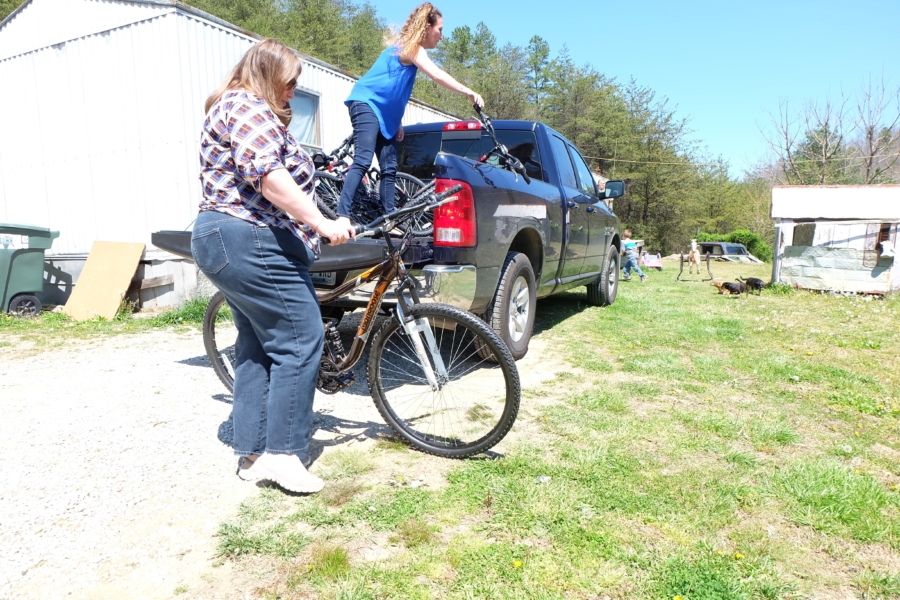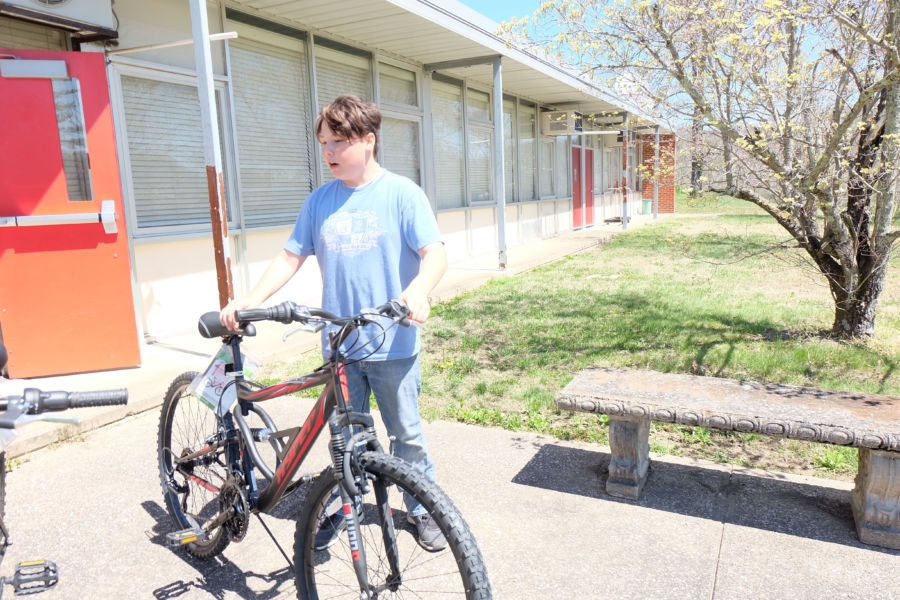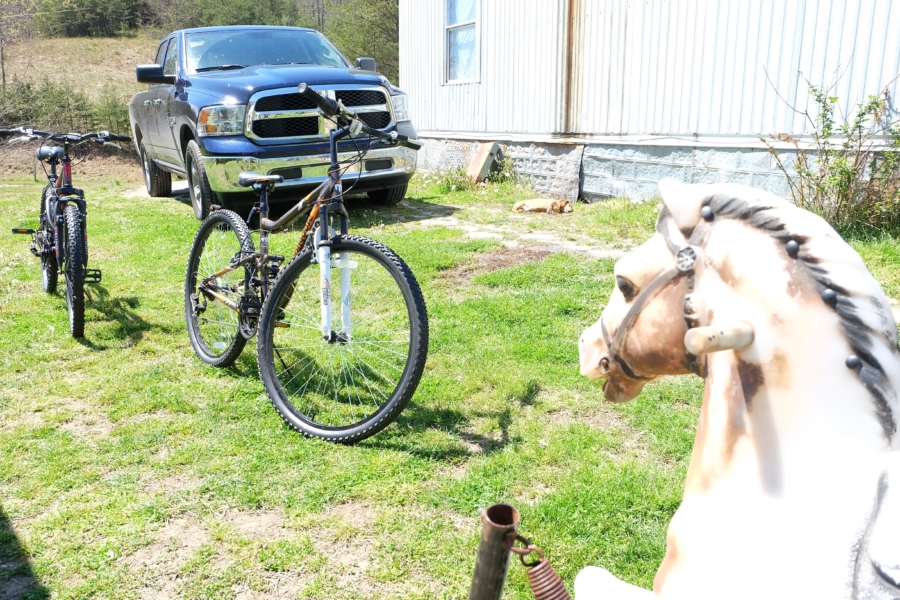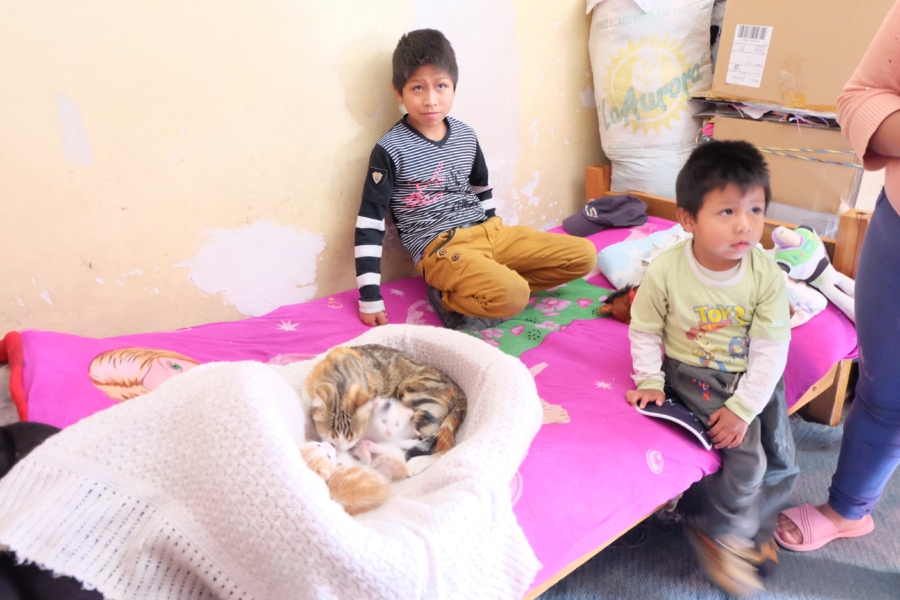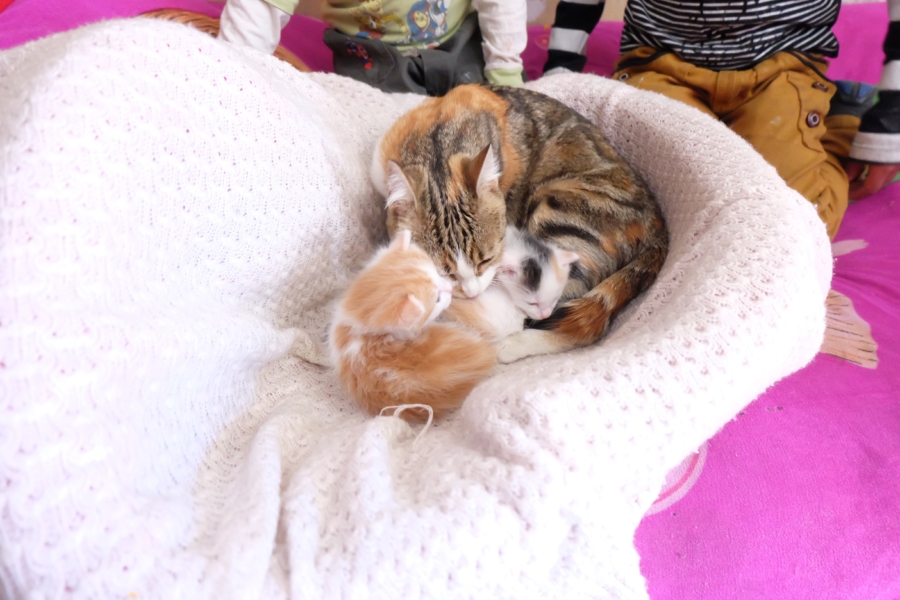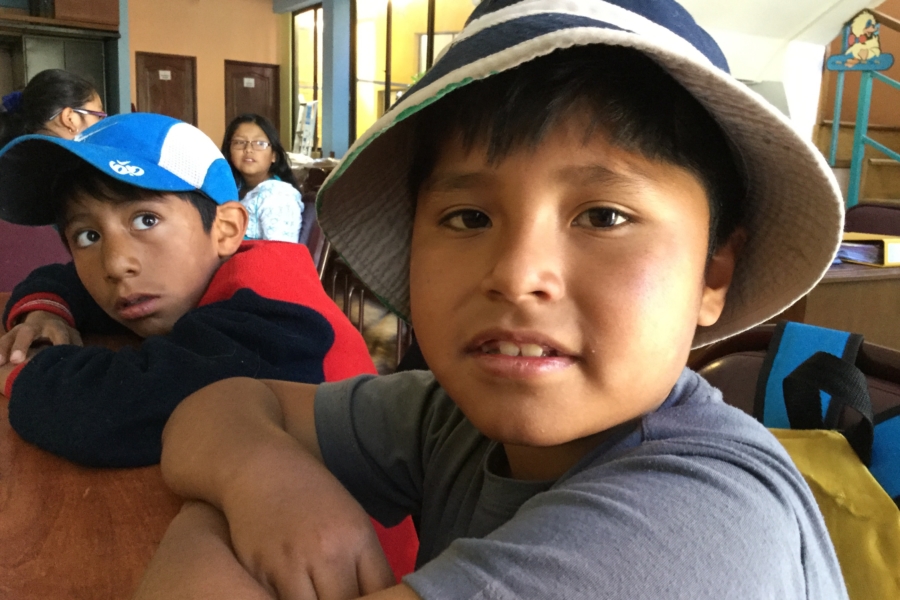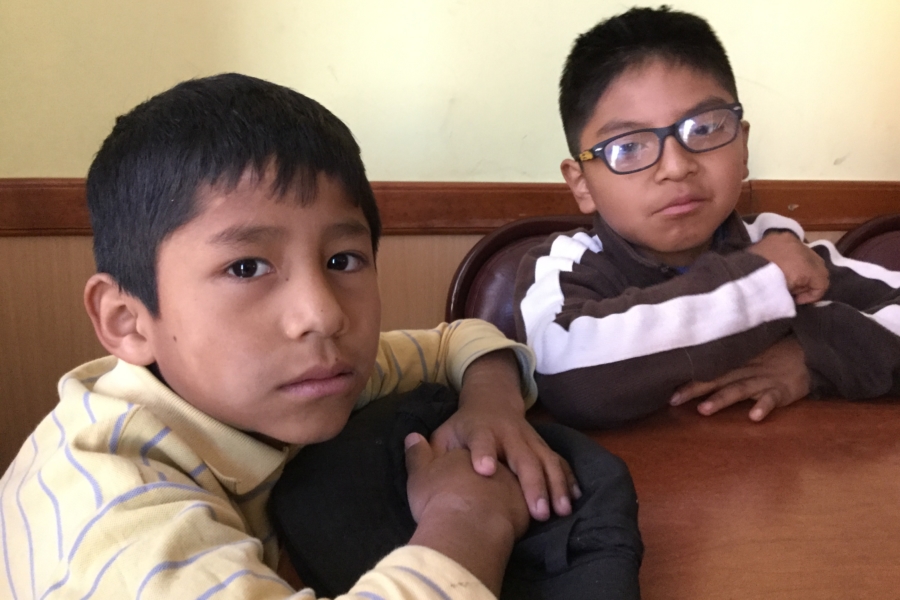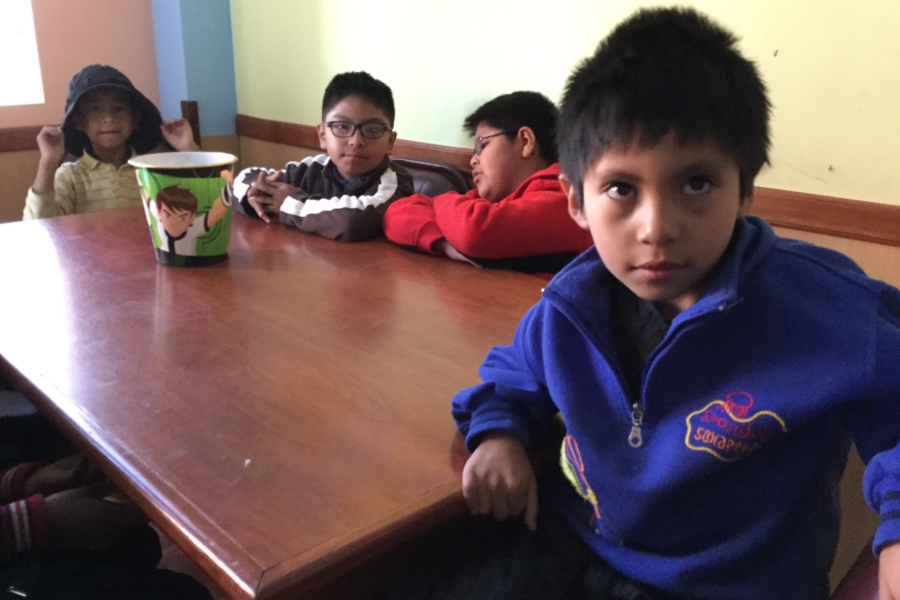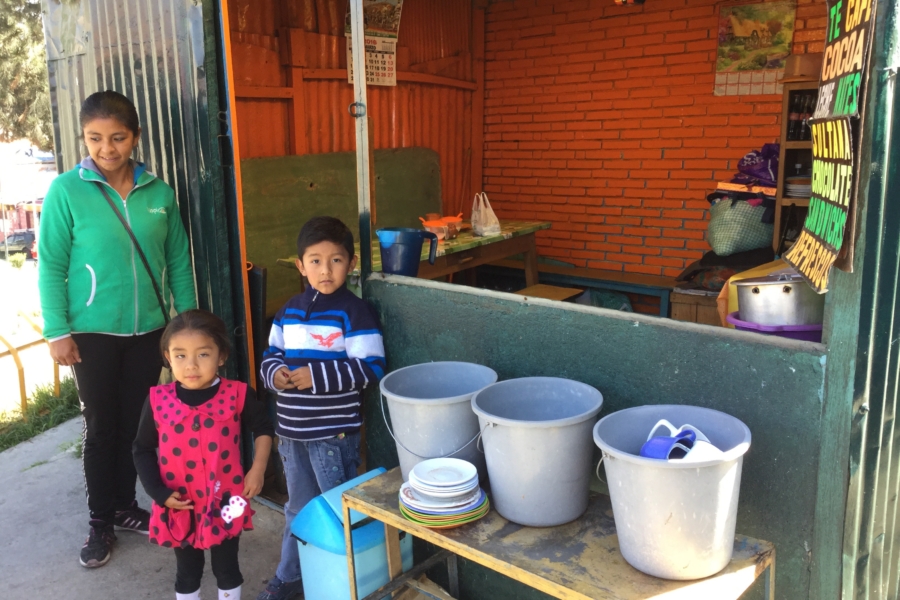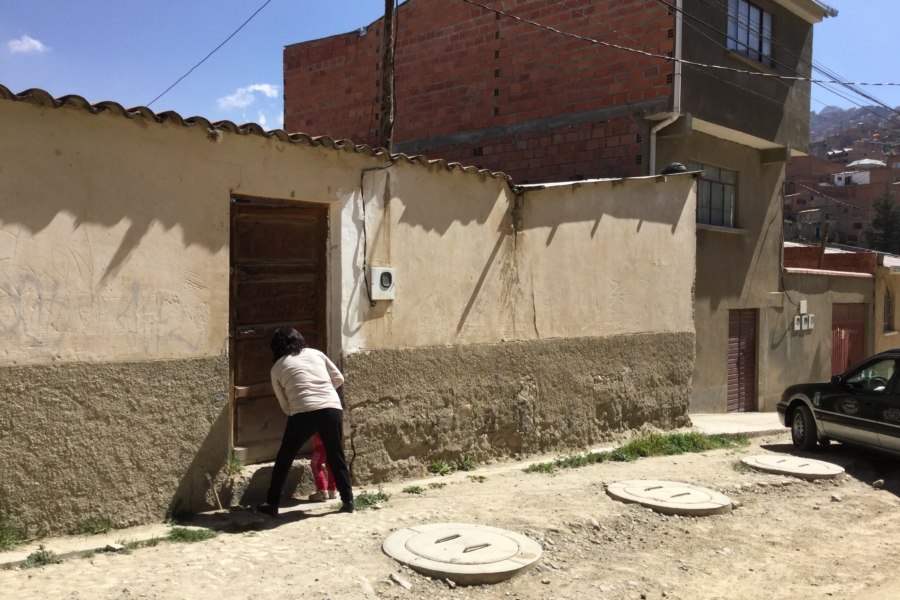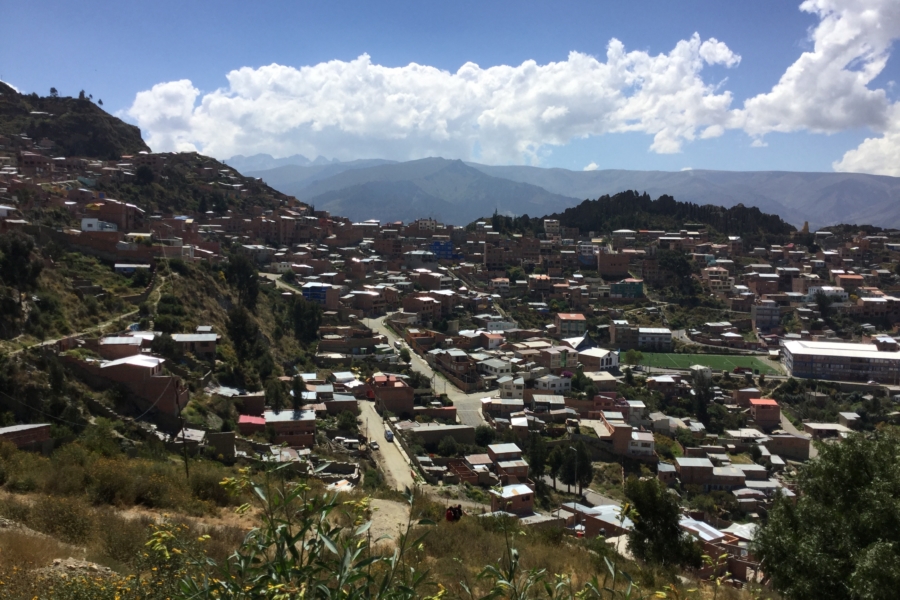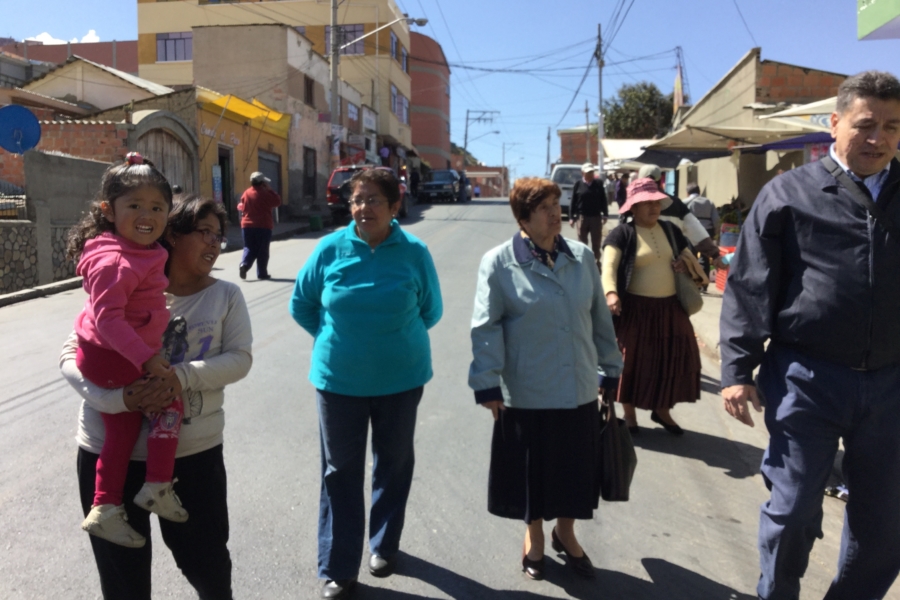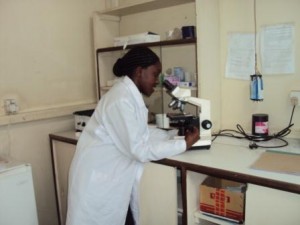It’s a long way from Kentucky to Ethiopia – 7,432 miles to be exact; twice as far as the Bolivia-to-Kentucky trip we just made.
One would think the differences in the three locales are profound, but other than the climates, they are strikingly similar.
Children play in the roads near dilapidated homes and other signs of obvious poverty. But they laugh and sing, clad in pants and t-shirts and sneakers, pretending to be sports stars as they play ball on makeshift fields by the roads.
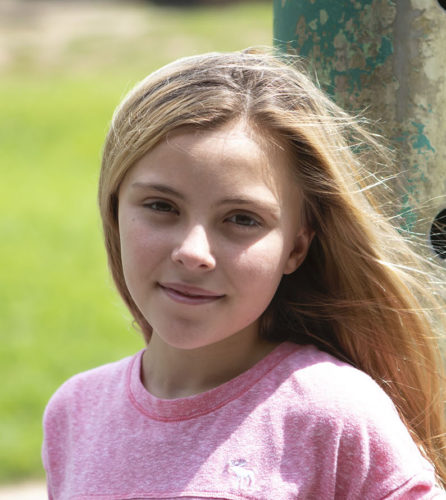
From Kentucky to Kenya, Children Incorporated supports children all over the world.
At least that’s what I’ve been told – I won’t arrive in Ethiopia for a few more hours, but I’ve just finished a whirlwind tour of Bolivia and rural Kentucky, and my colleague, Luis Bourdet, assures me that Ethiopia will be the same.
Luis, who’s visited Children Incorporated’s sponsored children and their families in Africa every couple of years for the last decade, says the issues are similar as well – child poverty is an endemic due to fractured families and parents who can’t make ends meet.
Our first stop is Addis Ababa, and I have no doubt we’ll see the same things there that we saw in Jackson County, Kentucky and in Montero, Bolivia: a combination of devastating poverty, the simple happiness of children and the lifesaving efforts of volunteers.
We’ll likely see the same on our next stop in rural Shashamane and then in Kenya’s communities of Nairobi and Materi.
So far, the big difference between our last trip to Kentucky and our current trip to Africa is the special packages we bring. In Kentucky, it was bicycles. In Africa, it’s mosquito nets. The environmental needs between 8,000 miles are different, but children everywhere are much the same, and so our goal is too: to give children not only food and medicine, but also hope, determination, and especially education.
Children play in the roads near dilapidated homes and other signs of obvious poverty. But they laugh and sing, clad in pants and t-shirts and sneakers, pretending to be sports stars as they play ball on makeshift fields by the roads.
Ethiopia’s mass migration
One of the differences between Kentucky and Ethiopia is the reasons why families are poor. In Kentucky, it was a lack of jobs. But Ethiopia is a country on the rise – in Addis Ababa, buildings and roads are being built everywhere, so labor jobs are plentiful. The problem is housing; the government has been relocating (often forcibly) Ethiopians from rural land into the cities where the cost of housing can be 20 times what they’d been paying.
There are also no social services there. In Kentucky, families live in rundown trailers and often don’t have enough money for food or school supplies, but they do have access to school buses, health clinics and social workers.
In Ethiopia, organizations like Children Incorporated are the only ones who provide these services so we’re coming to visit some of the Children Incorporated affiliated projects that provide children and their families with education, medical aid and a future.
Our first stop will be at the Rainbow Center, where children of relocated families get support. We’re also going to visit some of the families and talk to them about their experiences and needs.
The rural poor
From there, we’ll head out to the smaller city of Shashamane, where the Kids Hope Ethiopia center supports after-school programs for children. Shashamane residents are worse off than their Addis Ababa countrymen because there isn’t enough clean water or food here and there’s almost no transportation. We’ll meet with some of the families there too before leaving for Nairobi in Kenya, about 1,500 miles away.
Kenya on $1.25 per day
Kenya is a developing nation but the poverty there is much deeper; half of all Kenyans live below the poverty level and about 17 percent live on less than $1.25 per day.
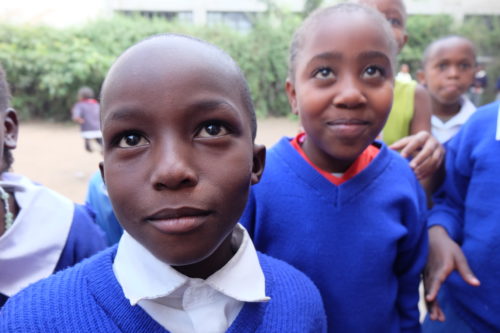
In Kenya, sponsorship often means the difference between children going to school or not.
Some of the poverty in Kenya is due to disease – malaria, diarrhea, malnutrition, HIV/AIDS and pneumonia take a huge toll so healthcare will be one of our major issues when we head toward Nairobi.
The capital city is home to one of the world’s largest slums but it’s also home to several Children Incorporated schools and community centers. The facilities provide medical aid, HIV/AIDS counseling and day-to-day necessities, in addition to education for children.
We’re planning to visit the schools and the homes of the children who attend them before heading to Materi, where Children Incorporated sponsors a boarding school for girls.
A common goal
Each stop on our itinerary will mean some differences, of course. The rural children of Shashamane, with no transportation and little food, face different issues than those in the overpopulated crime-filled slums of Nairobi — at least on the surface. At its core, their issue is all the same: they need food, clothes, shoes, medicine and an education, just like the children we saw in Kentucky and in Bolivia.
So the 11,600 miles between La Paz, Bolivia and Materi, Kenya, do little to change our goal: to give children with the basics so they have a chance to rise above poverty. But, it’s more than that, really. On the heels of our recent site visits in Bolivia and Kentucky, I can see that sponsorships provides something intangible, but visible in their young faces: love.
***
HOW DO I SPONSOR A CHILD IN AFRICA?
You can sponsor a child in Africa in one of three ways – call our office and speak with one of our sponsorship specialists at 1-800-538-5381, email us at sponsorship@children-inc.org, or go online to our donation portal, create an account, and search for a child in Africa that is available for sponsorship.

